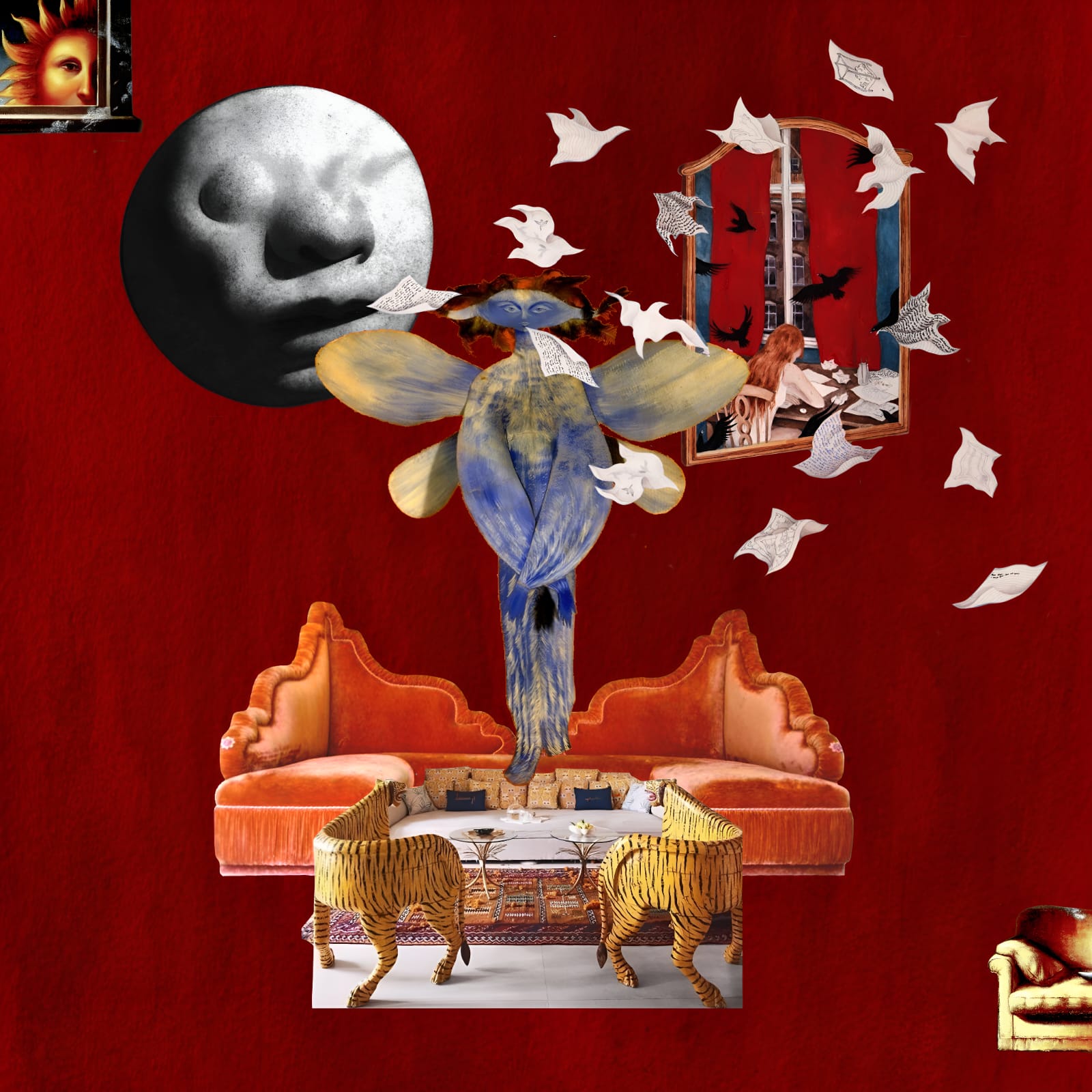A RESSACA PÓS-HUMANISTA HUMANOS, PÓS-HUMANOS E O CUSTO DA COMPLEXIDADE
Main Article Content
Abstract
Humanism is not merely a subtle itch on the back of modernity, a simple philosophical detail in the hands of an individual or group. Perhaps this humanist framework remains dissolved in our daily lives, in its most unsuspected details, like a kind of glue that is impossible to remove. And what if it is, before any speculative journey or moral lapse of bizarre figures, an institution—or rather, multiple institutions—dissolved into the very materiality of everyday life? If the cost of abandoning it is enormous, would it still be worth it? If the answer is yes, as I argue in this essay, how should we respond? Let us delve a little into some of the implications of post-humanism, particularly the costs when it is taken to its ultimate consequences. As a result, three characteristics reveal this supposed misstep, described here in three sections: ethical, political, and epistemic humanism.
Downloads
Article Details

This work is licensed under a Creative Commons Attribution-NonCommercial 4.0 International License.
Authors who publish in this journal agree to the following terms:
Authors maintain the copyright and grant the journal the right of first publication, the work being simultaneously licensed under the Creative Commons Attribution License which allows the sharing of the work with recognition of the authorship of the work and initial publication in this journal.
Authors are authorized to take additional contracts separately, for non-exclusive distribution of the version of the work published in this journal (eg publish in institutional repository or as a book chapter), with acknowledgment of authorship and initial publication in this journal.
Authors are allowed and encouraged to publish and distribute their work online (eg in institutional repositories or on their personal page) at any point before or during the editorial process, as this can generate productive changes as well as increase the impact and the citation of the published work.
References
BALZAC, Honoré. A comédia humana: estudos de costumes: cenas da vida privada. São Paulo: Globo, 2012.
BENNETT, Jane. Vibrant Matter: A Political Ecology of Things. Durham: Duke University Press, 2010.
BERGSON, Henri. As duas fontes da moral e da religião. São Paulo: Editora Zahar, 1932.
BRYANT, Levi. Democracy of Objects. London: Open Humanities Press, 2011.
DOSTOEVSKY, Fyodor. Notes from underground. Nova York: Vintage Classics, 1994.
DOSTOIÉVSKI, Fiódor. Os irmãos Karamazov. Rio de Janeiro, Editora abril cultural,1970.
FOUCAULT, Michel. A verdade e as formas jurídicas. Rio de Janeiro: NAU Editora, 1973. p. 21.
GARCIA, Tristan. What is something? An Introduction through Modernity to the Ontology of Form and Object. Scotland: Edinburgh University Press, 2014.
GRUSIN, Richard (Org.). The Non-Human Turn. Minneapolis: University of Minnesota Press, 2015
HARMAN, Graham. Object-oriented ontology: a new theory of everything. London: Pelican Books, 2018.
HEIDEGGER, Martin. Basic Writings. New York: Harper and Row, 1977
JAMES, William. O pragmatismo: um novo nome para algumas formas antigas de pensar. Lisboa: Imprensa Nacional. 1997.
KAFKA, Franz. Um relatório para uma academia. In: _____. Um médico rural: pequenas narrativas. São Paulo: Editora Companhia das Letras, 2011.
LATOUR, Bruno. The Pasteurization of France. Cambridge: Harvard University Press, 1988.
LUKÁCS, Georg. Ensaios sobre literatura. Rio de Janeiro: Civilização Brasileira, 1965.
MORTON, Timothy. Hyperobjects: Philosophy and Ecology after the end of the world. Minneapolis: University of Minessota Press, 2013.
NIETZSCHE, Friedrich. A Gaia Ciência. São Paulo: Editora Escala, 2006.
NIETZSCHE, Friedrich. Human all too human: A book for free Spirits. London: Edinburgh Press, 1910.
ORWELL, George. A revolução dos bichos. Paraná: UENP, 2000.
SARTRE, Jean Paul. A nausea. Portugal: Europa América, 1968.
SARTRE, Jean-Paul. Existentialism is a Humanism. United States: Yale University, 2007.
SÓFOCLES. The Three Theban Plays. Londres: Penguin Books, 1982
WINNER, Langdon. Do artifacts have politics? Daedalus, v. 109, n.1, pp. 121-136, 1986. Acessado em 23 de maio de 2023. Disponível em: https://www.jstor.org/stable/20024652
ŽIŽEK, Slavoj. Living in the End of Times. London, 2010.

